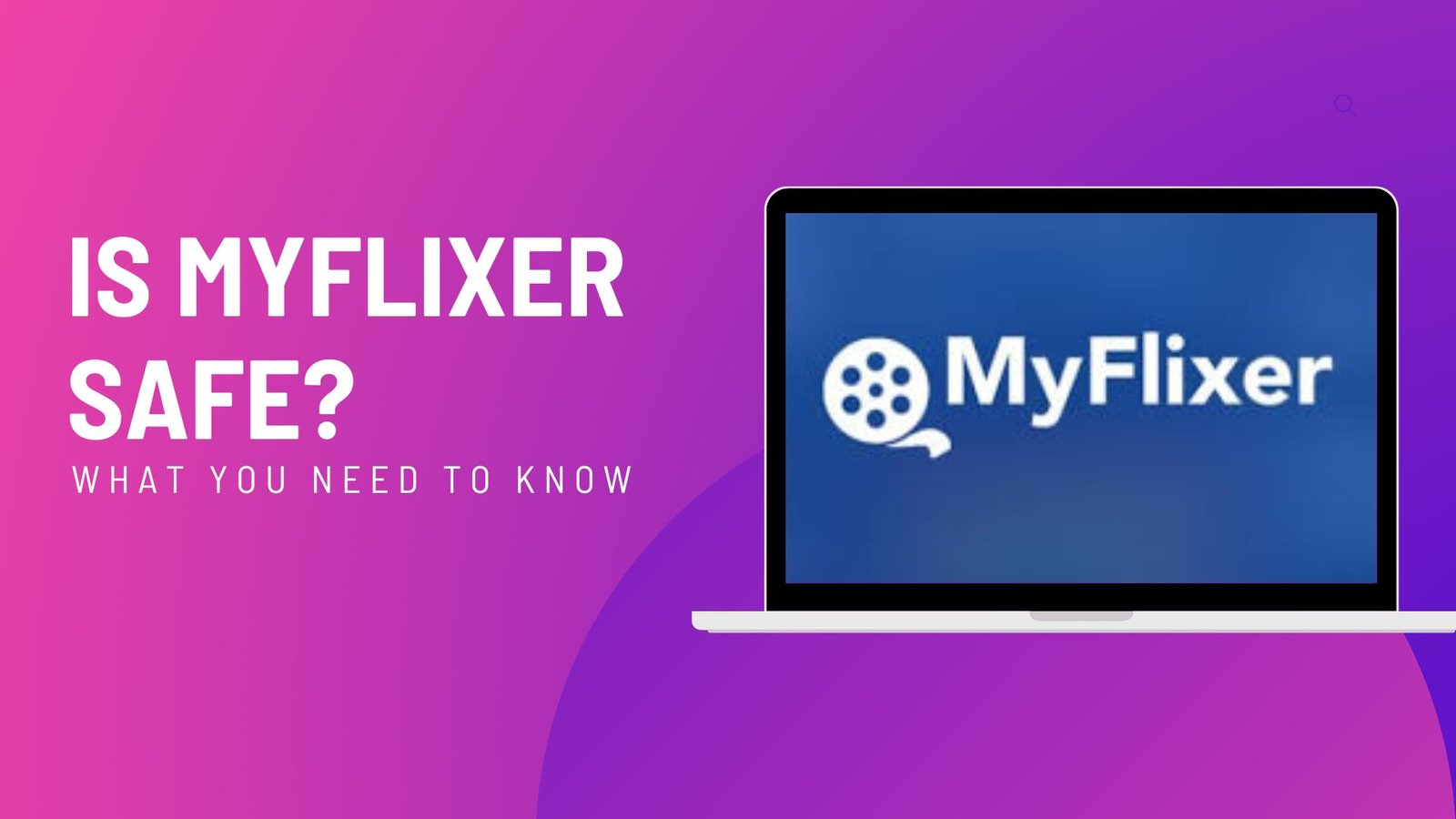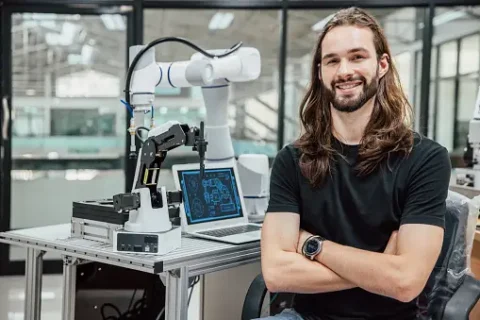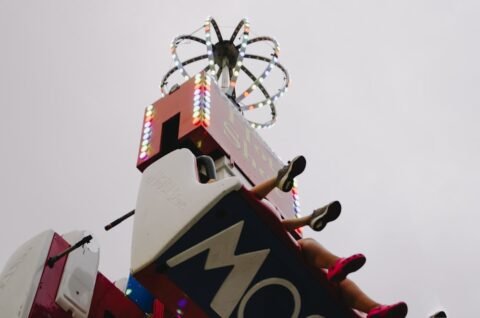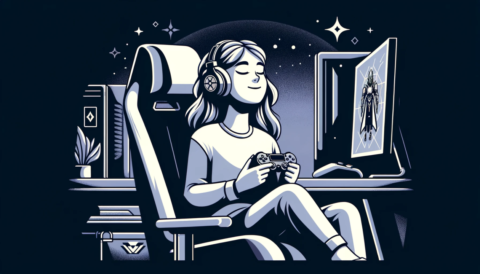Introduction
The evolution of music has always been intertwined with the advancement of technology. From the advent of electric guitars to the rise of digital synthesizers, each new innovation has expanded the horizons of what music can be. Today, we stand on the brink of another revolutionary change—Artificial Intelligence (AI) in music creation. AI music generators are not just tools; they are reshaping the way music is composed, produced, and experienced. As we delve into this fascinating intersection of technology and art, we explore how AI is transforming the music industry and what this means for the future of music.
What Is AI Music Generator?
AI music generators are sophisticated algorithms designed to compose music with little to no human intervention. These systems analyze vast amounts of existing music, learning patterns, structures, and styles to create original compositions. The technology behind AI music generator often involves machine learning models that mimic human creativity by recognizing and replicating the nuances of musical composition. They can generate anything from a simple melody to complex orchestral pieces, making them powerful tools in the hands of musicians and producers alike.
However, it’s essential to understand that AI music generators are not merely random note generators. They are trained on large datasets of music, learning the intricacies of melody, harmony, rhythm, and timbre. This allows them to produce music that can evoke emotions, adhere to specific genres, or even mimic the style of particular composers. The question then arises: How exactly does AI create music that resonates with human listeners?
How Does AI Create Music?
AI music creation is a complex process that involves several advanced technologies working in harmony. At its core, AI music generation relies on machine learning, particularly deep learning models, which are trained to recognize patterns within large datasets of music. These models can be fine-tuned to create music that adheres to specific genres, moods, or even replicates the style of particular artists.
The Role of Neural Networks
Neural networks, particularly recurrent neural networks (RNNs) and convolutional neural networks (CNNs), are pivotal in AI music generation. These networks analyze sequences of notes and chords, learning the structure and flow of music over time. The AI can then generate new sequences that mimic the learned patterns, creating compositions that are coherent and musically pleasing.
The Importance of Datasets
Datasets are the backbone of AI music generators. These are vast collections of music in various genres and styles, which the AI uses to learn the fundamentals of music composition. The quality and diversity of these datasets significantly influence the output of the AI, determining how well it can emulate different musical forms.
The Role of Human Input
While AI can generate music autonomously, human input often plays a crucial role. Musicians and producers may guide the AI by setting parameters or providing initial themes or melodies. This collaboration between human creativity and AI efficiency results in compositions that are both innovative and reflective of human emotion.
What are the Benefits of AI in Music Production?
The integration of AI in music production is transforming the industry in profound ways. By automating complex tasks and offering innovative solutions, AI is enabling artists and producers to reach new heights in creativity and efficiency. This technology is not only streamlining the production process but also expanding the possibilities of what can be achieved in music, making it a powerful tool for professionals and amateurs alike.
AI offers several key benefits that are reshaping the landscape of music production:
- Inspiration and Creativity: AI can generate new musical ideas, offering fresh inspiration to composers and producers. By analyzing existing music and creating novel combinations, AI tools can help artists break through creative blocks and explore new directions in their work.
- Efficiency and Speed: AI can handle repetitive tasks, such as mixing, mastering, and arranging, with greater speed and precision than traditional methods. This allows producers to focus on the more artistic aspects of their work, significantly reducing the time required to complete a project.
- Personalization and Customization: AI can create highly personalized music experiences, tailoring compositions to individual tastes and preferences. This capability opens up new possibilities for customized soundtracks, adaptive music in games, and other personalized audio experiences.
- Accessibility: AI tools lower the barrier to entry for music production, making it possible for individuals without formal training to create professional-quality music. This democratization of music production is opening up opportunities for a more diverse range of voices and styles to be heard.
How is AI Impacting the Role of Musicians?
AI’s growing presence in the music industry is redefining the role of musicians in various ways. While some fear that AI could diminish the importance of human creativity, the reality is more nuanced. Rather than replacing musicians, AI song generator is altering how they create, collaborate, and think about music. This technological shift is fostering a new era of artistic expression where human ingenuity and AI capabilities work hand in hand.
Enhancing the Creative Process
AI is becoming an invaluable partner in the creative process. By providing musicians with tools that can generate ideas, suggest harmonies, or even create entire compositions, AI allows artists to experiment with sounds and structures they might not have otherwise considered. This collaboration between human intuition and AI’s analytical power is leading to the creation of music that is both innovative and deeply expressive. Musicians can now focus more on the emotional and thematic aspects of their work, knowing that AI can handle the more technical elements.
Changing the Role of Composers
The role of composers is evolving as AI takes on more of the compositional heavy lifting. Musicians are increasingly becoming curators of ideas, selecting and refining AI-generated content rather than creating everything from scratch. This shift allows composers to explore more complex and layered compositions without being bogged down by the minutiae of note-by-note creation. The emphasis is moving towards shaping the overall narrative and emotional impact of a piece, with AI serving as a tool that enhances, rather than replaces, the human touch.
Adapting to New Skill Sets
As AI becomes more integrated into the music production process, musicians must adapt by acquiring new skills. Understanding how to work with AI tools, how to guide and refine AI-generated music, and how to incorporate these elements into live performances are becoming essential competencies. This shift requires musicians to blend traditional musical skills with technological savvy, creating a new breed of artist who is as comfortable with coding as they are with composing. Those who embrace this change are likely to thrive in the evolving landscape, while those resistant to it may find themselves left behind.
What are the Ethical Concerns of AI-Generated Music?
As AI-generated music becomes more prevalent, it raises several ethical concerns that the music industry must address. While AI offers exciting possibilities for creativity and innovation, it also challenges traditional notions of authorship, ownership, and artistic integrity. These concerns are not merely theoretical; they have real implications for musicians, producers, and the broader cultural landscape.
Several key ethical issues are emerging in the context of AI-generated music:
- Authorship and Copyright: One of the most pressing concerns is the question of who owns the music created by AI. Is it the developer of the AI, the user who prompts the creation, or does the music exist in a legal grey area? This ambiguity complicates the traditional understanding of intellectual property rights and poses challenges for copyright law.
- Impact on Human Creativity: AI’s ability to generate music at scale raises concerns about the devaluation of human creativity. If AI can produce music quickly and cheaply, it may lead to a flood of content that overshadows the work of human musicians, potentially reducing the perceived value of human-made music.
- Cultural Sensitivity and Homogenization: AI systems often lack the cultural understanding necessary to create music that respects and reflects diverse cultural traditions. There is a risk that AI-generated music could contribute to the homogenization of global music, erasing the nuances that come from human cultural expression.
- Job Displacement: As AI tools become more capable, there is a legitimate concern that they could replace human musicians, composers, and producers, leading to job losses in the industry. This raises broader questions about the future of work and the role of artists in a world increasingly dominated by automation.
How Will AI Shape the Future of Music Composition?
The future of music composition is undoubtedly intertwined with AI. As AI technology continues to evolve, we can expect it to become an even more integral part of the music industry. Tools like Suno AI alternative are already showing promise in helping artists explore new creative directions, offering alternatives that blend human artistry with AI’s analytical strengths. AI will likely become a standard tool in the composer’s toolkit, enabling artists to push the boundaries of what is possible in music.
In the future, we may see entirely new genres of music emerge, born from the unique capabilities of AI. These genres could blend styles in ways that humans alone might not conceive, leading to a more diverse and rich musical landscape. Additionally, AI could democratize music creation, allowing anyone with a computer to compose complex and beautiful music, regardless of their musical training.
However, the integration of AI in music composition will also require ongoing discussions about ethics, authorship, and the role of human musicians. The industry will need to adapt, finding ways to ensure that AI enhances rather than diminishes the value of human creativity.
Conclusion
AI music generators represent a significant shift in the music industry, offering new tools and possibilities for musicians and producers. As we continue to explore the potential of AI in music creation, it’s clear that this technology will play a crucial role in shaping the future of music. While challenges and ethical concerns must be addressed, the fusion of human creativity and AI’s capabilities promises to usher in a new era of musical innovation. The future of music is not just in the hands of humans or machines—it’s in the collaboration between the two.

Daniel J. Morgan is the founder of Invidiata Magazine, a premier publication showcasing luxury living, arts, and culture. With a passion for excellence, Daniel has established the magazine as a beacon of sophistication and refinement, captivating discerning audiences worldwide.





